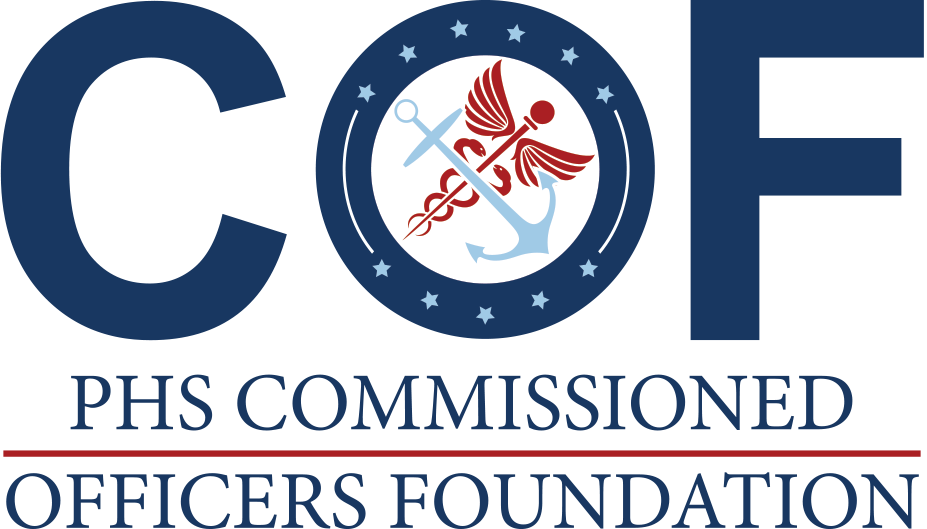By Retired Rear Admiral Steve Solomon, MD, FACP, FIDSA, USPHS
On May 25, 1961, President John F. Kennedy told a joint session of Congress that his administration was committed to “landing a man on the moon and returning him safely to the Earth.” During that speech, Kennedy said that “…we possess all the resources and talents necessary […but] we have never made the national decisions or marshaled the national resources required for such leadership.” Of course, that commitment was fulfilled eight years and two months later, on July 20, 1969. We remember that achievement as one of the high points of American history in the 20th Century and as a stirring example of this nation’s ingenuity, determination, and unity of purpose. Less well remembered is the early opposition to that goal, both in Congress, from members of both parties, and from most of the American public. Opponents objected to the cost of the project, at a time when there were other pressing concerns, and they feared that too much attention paid to the “moon shot” would distract from other priorities. To rally support for the space program, Kennedy gave another speech in September 1962 in which he linked the proposed moon landing to other feats of daring and courage, like Lindbergh’s solo crossing of the Atlantic and the conquest of Mt. Everest. He said, “[w]e choose to go to the moon…and do the[se] other things, not because they are easy, but because they are hard…because that challenge is one that we are willing to accept, one we are unwilling to postpone, and one which we intend to win.”
In 2021, America will face another challenge that we must accept, that we must be “unwilling to postpone,” that will require us as to “[make] the national decisions [and marshal] the national resources” necessary to achieve it, and that may well take the better part of the rest of the decade. We must completely restructure, rebuild, and reenergize the public health system in the United States, not just to prevent the catastrophic consequences of a future pandemic but to deal with the ongoing, chronic public health problems that have been laid bare by COVID-19.
It would be both reassuring and convenient to blame political interference for the deficiencies in the U.S. response to the pandemic. While that certainly added to the burdens of public health agencies and public health workers and hampered their work, we know from over 40 years of reports, investigations, reviews, and studies that the public health system in the United States has been suffering from underinvestment and lack of support for decades. Too often dismissed and ignored for years have been:
Our leaders must recognize and accept their responsibility to create a public health system that serves every person living in this country at the highest level of effectiveness, and which is driven by science. We can only hope that President-elect Biden will commit his administration to that goal, not because it is easy, but because it is hard, and because there is no higher priority for the United States.
